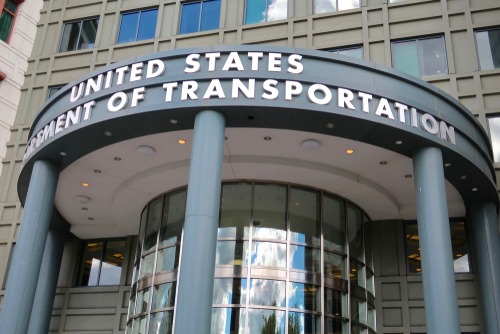
The Transportation Research Board recently recommended the U.S. Department of Transportation (USDOT) include resilience factors within the benefit-cost analysis for infrastructure project justifications.
The recommendation was made in a report called Investing in Transportation Resilience: A Framework for Informed Choices, sponsored by USDOT and conducted by the Transportation Resilience Metrics Committee.
The board recommended that resilience be measured and assessed using a method that incorporates detailed inventories of existing and planned assets, the vulnerability of the assets, the likelihood of future natural hazards, and the assets’ functions to those hazards.
The board also issued recommendations for Congress. It recommended that Congress fund a study to define the types of data that transportation agencies need for resilience analysis, identify potential data sources, and explore how to analyze data.
It also recommended Congress require federally funded projects involving long-lived assets to undergo resilience assessments.
“Investing in resilience will require us to make carefully considered choices about how we spend money today to generate benefits that may not be realized until long into the future,” Joseph Schofer, who authored the report, said.
Schofer is a professor of civil and environmental engineering and associate dean at Northwestern University.
State departments of transportation are also focusing on resilience strategies.